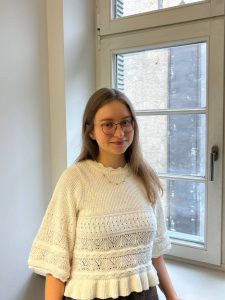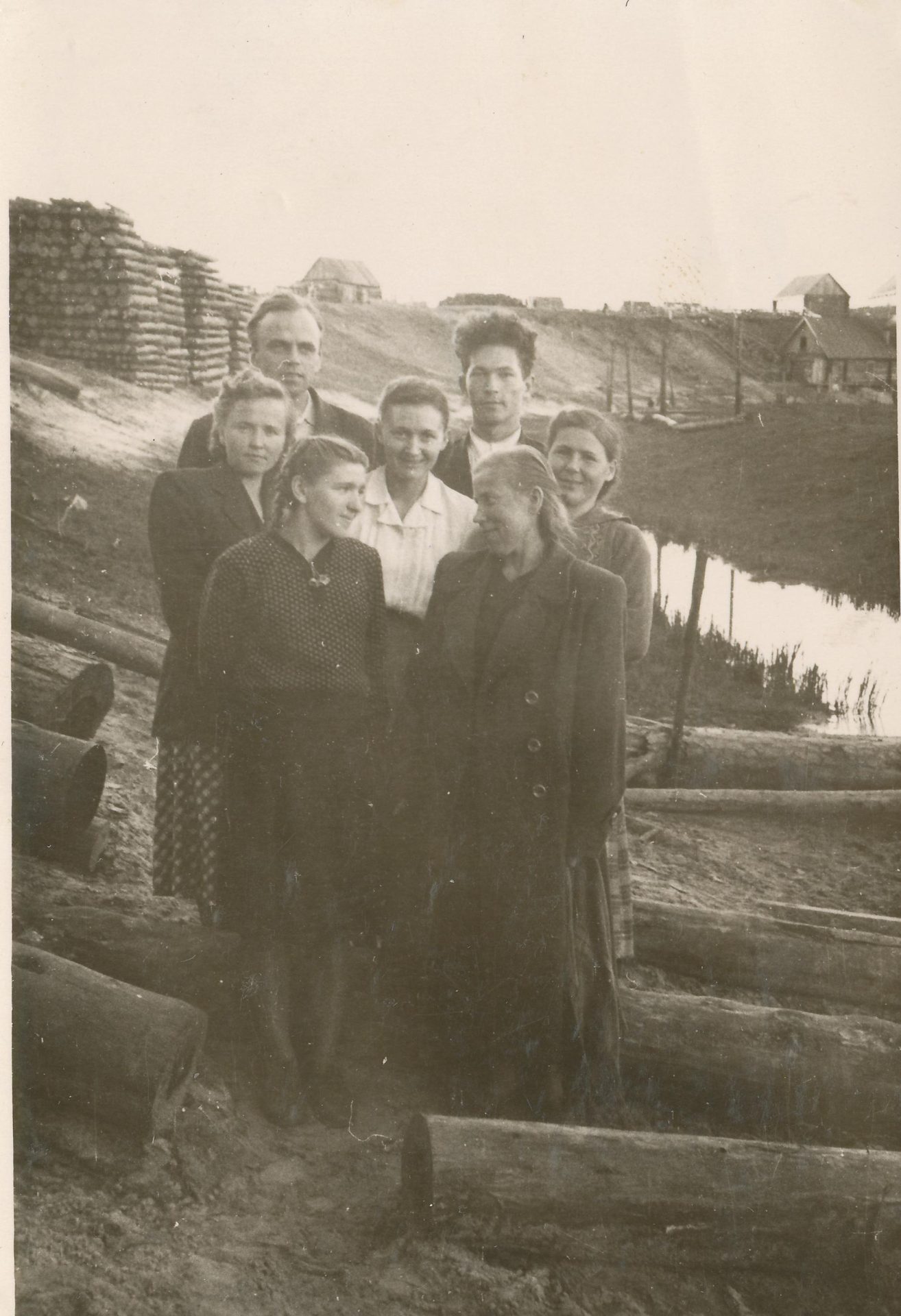Soviet Deportations from the Western Part of Ukraine (1944-1953): A History of Experiences and Memories
Daria Reznyk
Leibniz-Institut für Geschichte und Kultur des östlichen Europa26.3.2025, 16:00
Library of Center for Urban History
Mass deportations became one of the most powerful instruments of the Soviet Union's repressive policy. Between 1944 and 1946 alone, the Soviet authorities deported about 36,600 people who were associated with the struggle for Ukrainian independence, along with their families or those who simply lived nearby. The deportees found themselves in a radically different environment, to which they were forced to adapt: they had to do hard labor, learn Russian, and for a long time not be able to celebrate their native holidays, etc. The memory of the deportations unites not only Ukrainians, but also Poles, Jews, Lithuanians, Latvians, Crimean Tatars, Germans, and many other peoples of the Soviet Union who were subjected to repression and Russification.
The memory of deportations and Soviet repression in general changed and is still changing; deportees hid their stories for many years, living with the stigma of being an "enemy of the people" in the USSR. After 1991, the stories of the repressed began to emerge in the context of a changing political climate. Former repressed people were seen as "heroes", "victims" or "fanatical nationalists". Since the outbreak of the Russia's war against Ukraine in 2014 and its escalation in 2022, Ukrainian memory culture has undergone even deeper transformations. This thesis project examines the dynamics of these changes, using the stories of the deportees themselves as an example of transforming narratives. The research positions itself at the intersection of memory studies, the history of repression in the Soviet Union, and the study of narrative and narrative structure.
During the Urban Seminar, the historian will tell more about her research methodology, sources, and present the main ideas of the first chapter.

Daria Reznyk
Leibniz-Institut für Geschichte und Kultur des östlichen EuropaResearcher at the Leibniz-Institut für Geschichte und Kultur des östlichen Europa (GWZO), a doctoral student at the University of Leipzig, and a member of the NGO “After Silence”. She is currently working on her dissertation on the deportations of Ukrainians in the Soviet Union in 1944-1953. During her residency at the Centre for Urban History, she will study archives of periodicals from the 1940s-1950s, as well as memoirs.
This Seminar will be held in a workshop format. Researchers are invited to discuss scholarly projects, research at various stages of development, and completed research that is being prepared for publication.
Participation in the Urban Seminar requires preliminary reading and discussion of the researcher's text. If you would like to join the Seminar, please email Maryana Mazurak (m.mazurak@lvivcenter.org), and we will send you the materials in advance.
Credits
Cover Image: Oleksandra Dinsberg (Koshak), deported from Ivano-Frankivsk oblast, with her friends in the forestry in Tomsk oblast, Karelino, 1950s. Oleksandra is in the second row in a white blouse. In the third row on the left is her husband Olgerts Dinsberg, deported from Latvia / photographer Jaroslav Moskva / Museum of the Occupation of Latvia. Collection of photocopies of Olexandra Dinsberg, 1978-0005.
